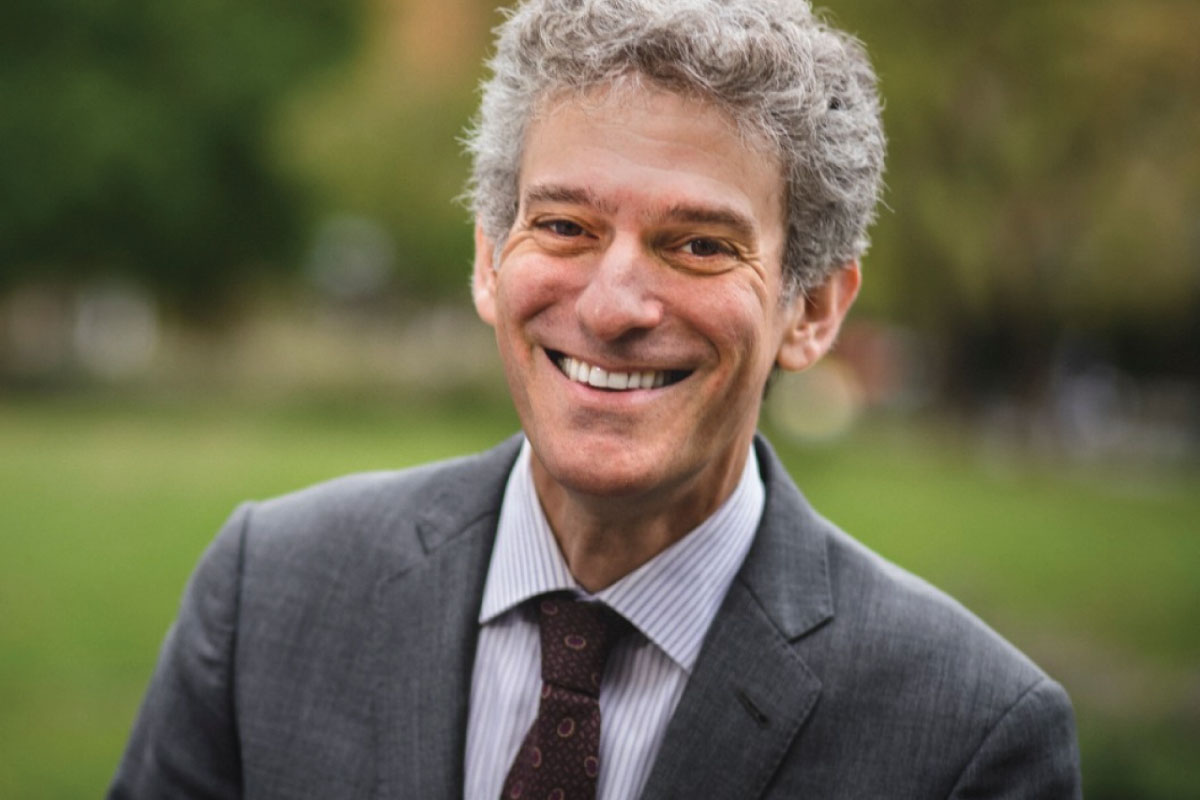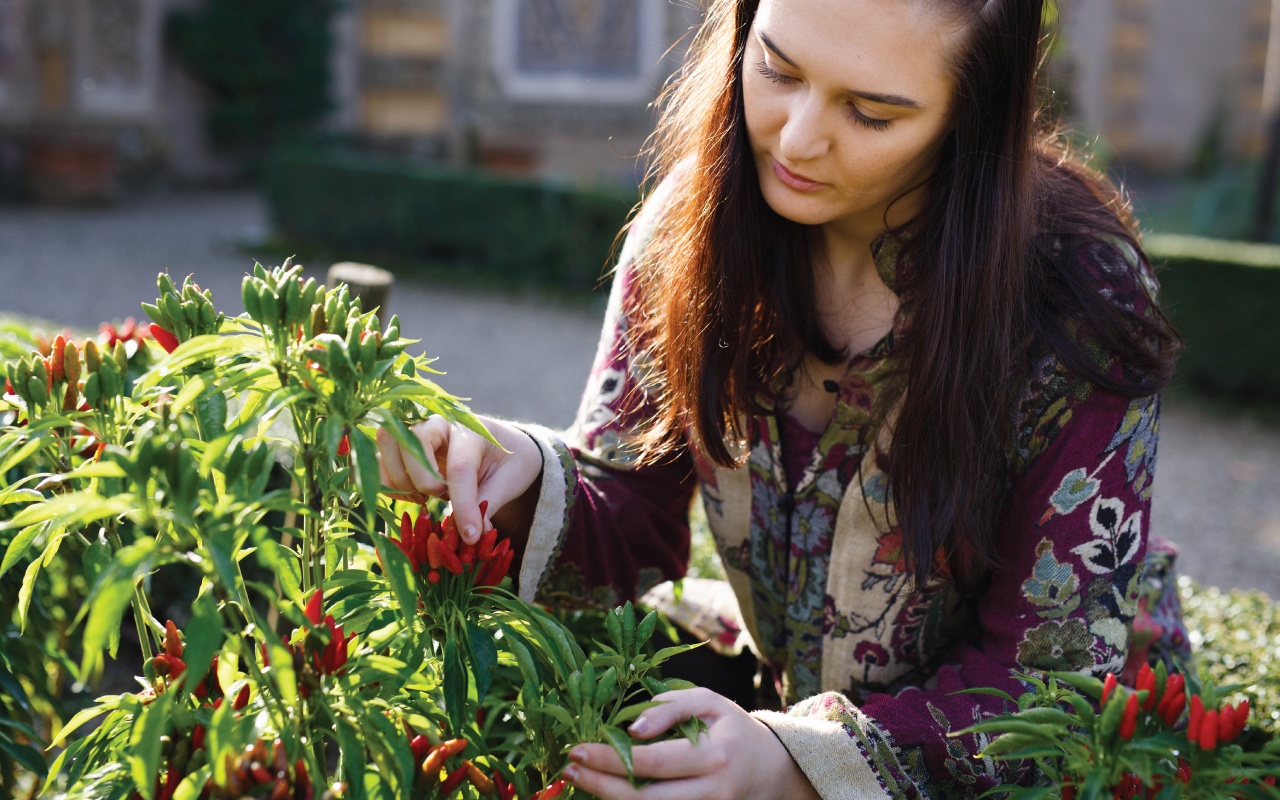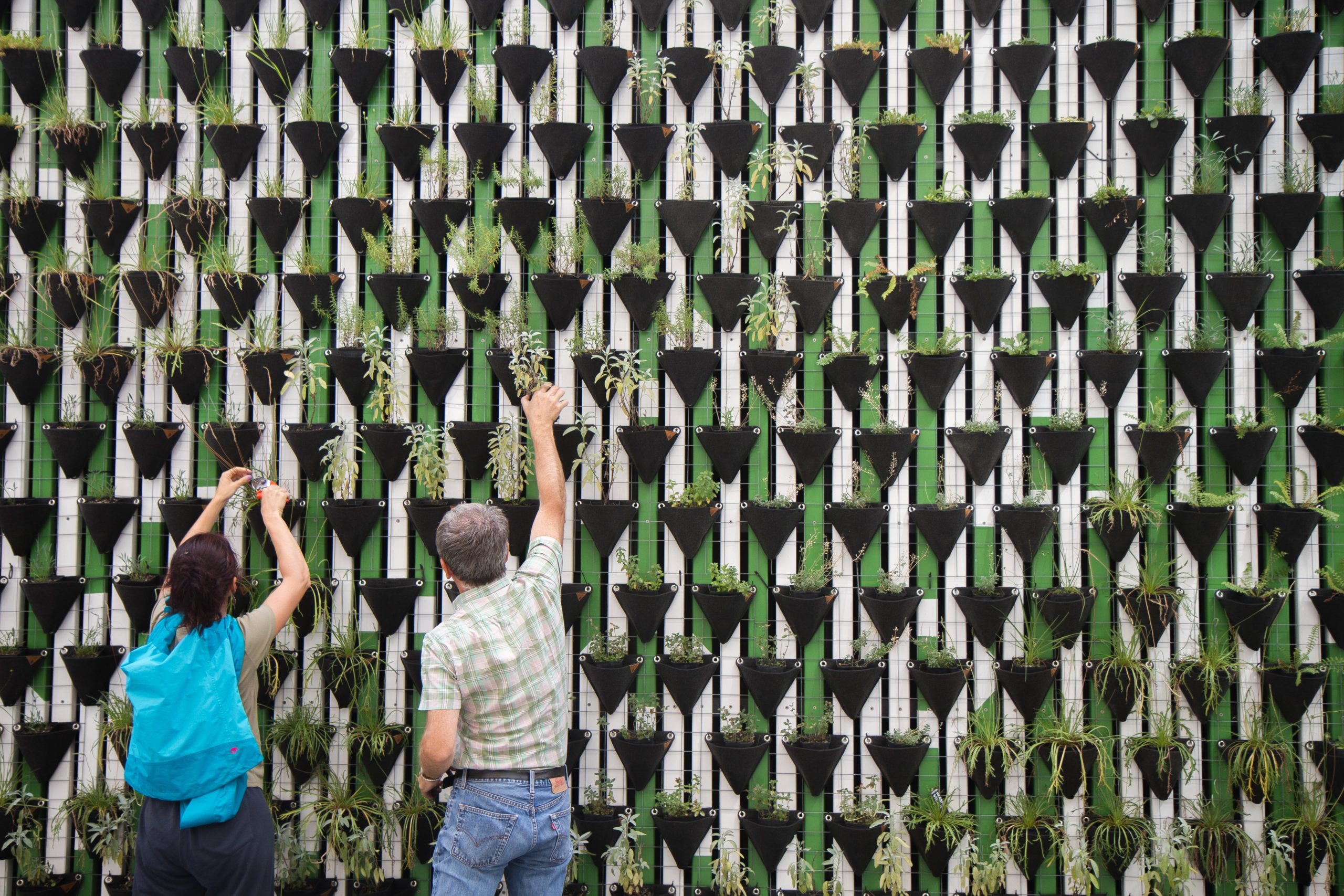Published August 24, 2022
The Stern Center for Sustainable Business Leads the Eco-Market
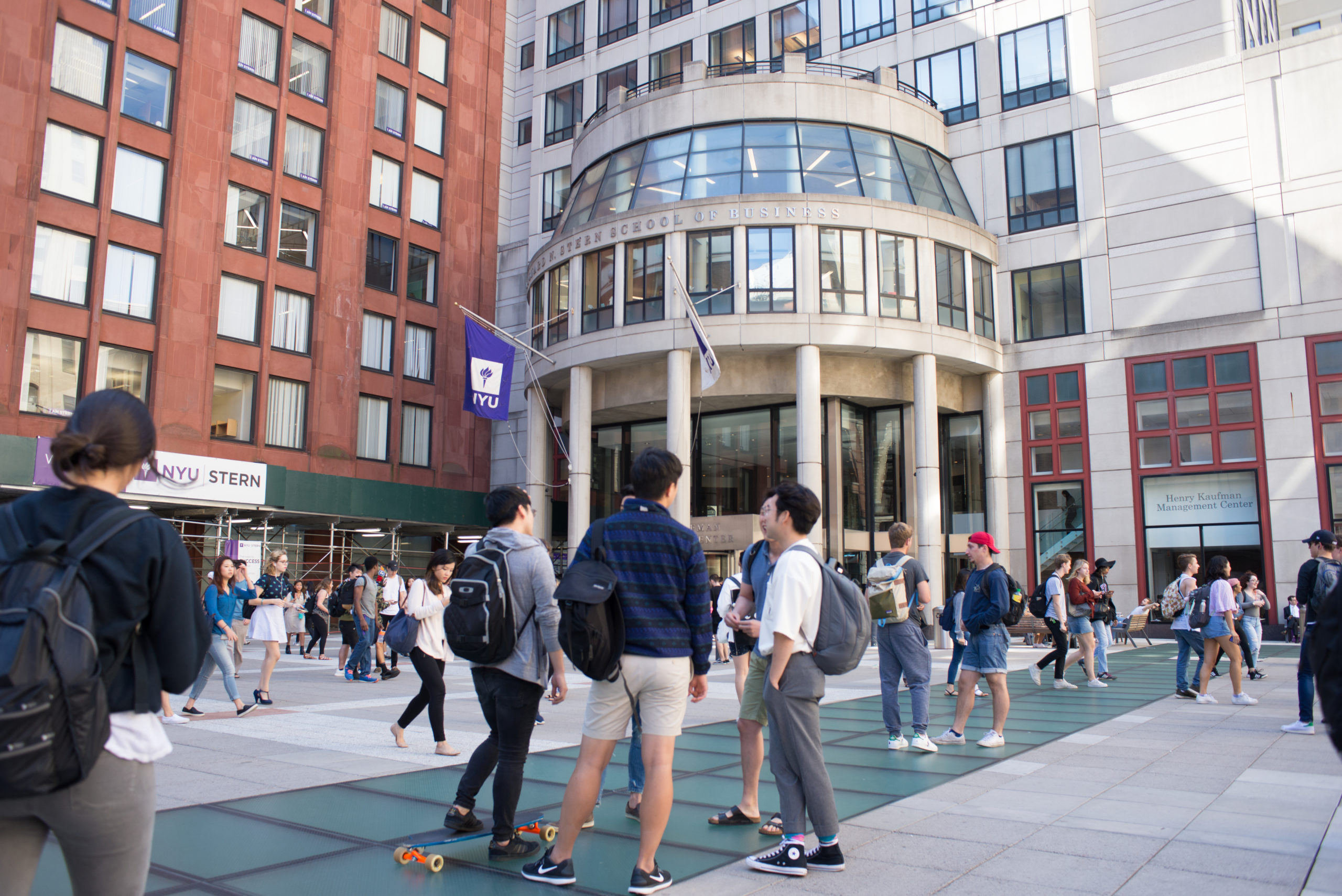
At the Stern Center for Sustainable Business (CSB), students and faculty alike get down to the business of building more sustainable companies. Founded by Professor Tensie Whelan, CSB director and former president of the Rainforest Alliance, the center aims to educate corporate leaders on embracing sustainable practices. Here, good business is green business. It can help their bottom line and the planet.
“CSB felt like the right world for me because there are a lot of important and substantive problems that need to be solved,” says Saurabh Kumar, a student worker and intern at CSB. He’s a Stern Business major, concentrating in sustainable business and business economics, and minoring in Public Policy and Management. “There isn’t a single day where I am not grateful that I decided to dedicate myself to CSB’s mission.”
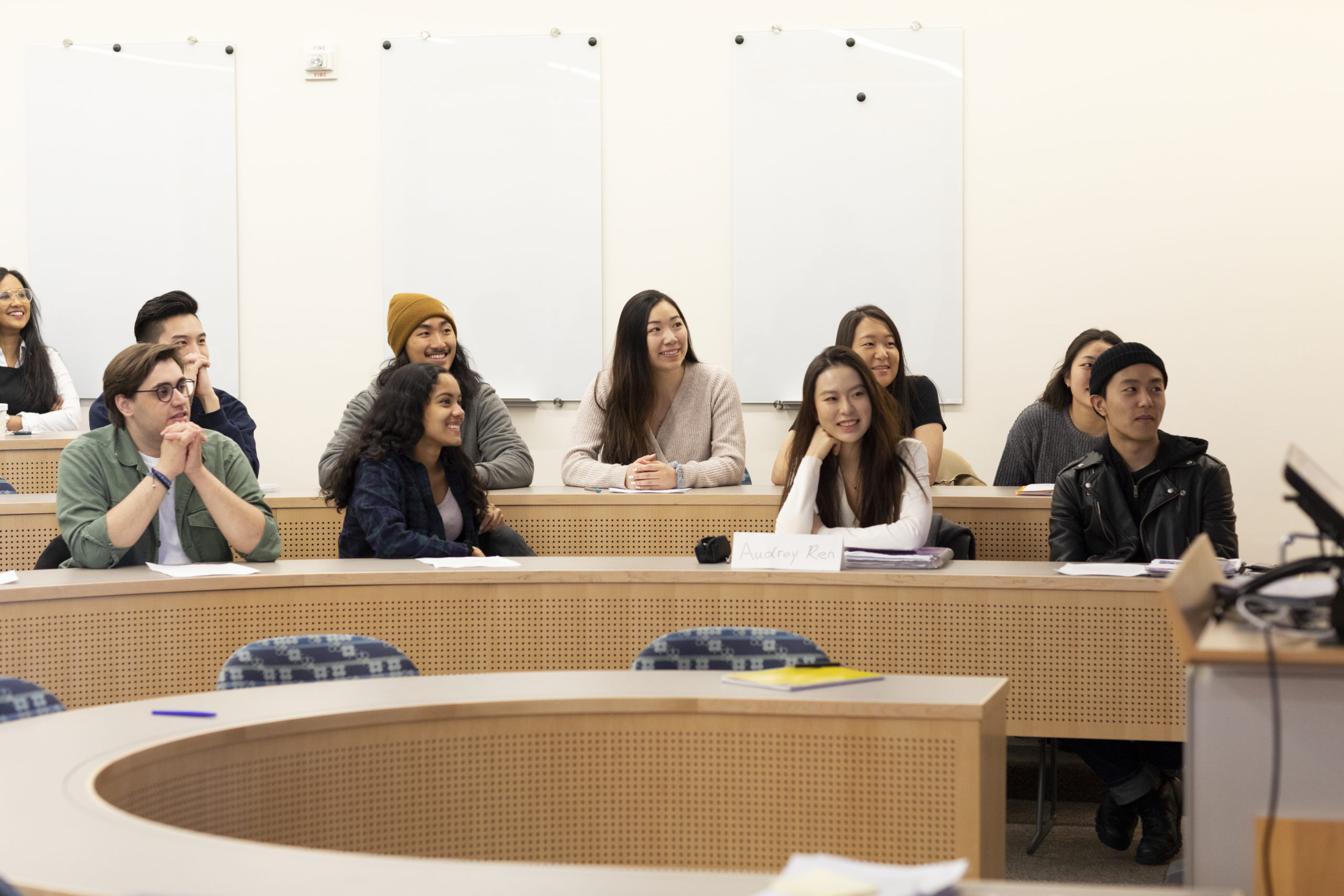
Concentrate on Better Business
When Saurabh came to NYU, he didn’t have a solid idea of his career path. “There were so many options, but none of them felt right,” he explains. Then, he discovered CSB and everything clicked. He applied to be a student worker, got hired as an intern, and declared a concentration in sustainable business. Although it isn’t mandatory to take advantage of the center’s many resources, the concentration is the gateway to CSB. Students can take over 20 courses, from Social Entrepreneurship to Global Business and Human Rights. “Professor Whelan’s Sustainability for Competitive Advantage class was easily one of the most impactful courses I’ve taken,” adds Saurabh. “And to prove it, I just wrapped up the semester as the teaching fellow (TF) for the Executive MBA version of the course. I’ll be a TF for the undergraduate version this semester and I couldn’t be more excited.”
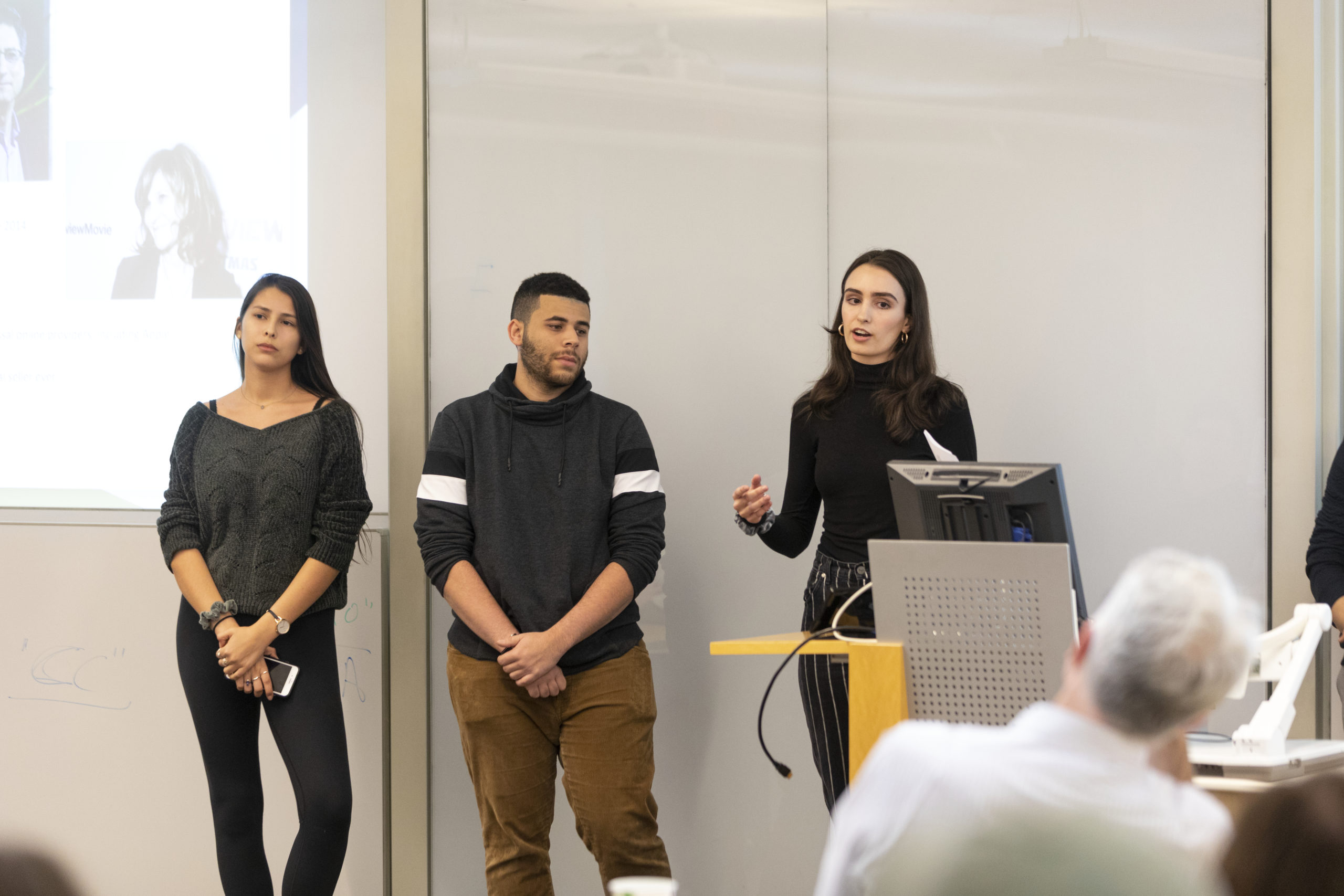
Conduct Industry-Leading Research
In and out of the classroom, CSB provides numerous opportunities. Students can get involved as interns at the center or they can join external companies for practical experience. Most importantly, research at CSB is open to everyone. For example, Lu Yii Wong, a Sustainable Urban Environments major at the Tandon School of Engineering, works on the FoodMap NY research project at CSB. It seeks to map systemic barriers to food and nutrition security across New York state. “My work at CSB has shown me the possibilities for sustainable and equitable business models for our society,” she says. “I’ve also strengthened my research, writing, and presentation skills. Furthermore, I’ve learned a lot about alternatives to policy-related system solutions, such as private-public partnerships.”
Get a Head Start
If you can’t wait to embark on a career in sustainability, CSB’s annual Sustainability Career Boot Camp offers Stern undergraduates two weeks of intensive training. Participants learn about various career options and partner with a major corporation, such as PwC or Unilever, on a case. In addition, the Social Impact Fellows program provides opportunities outside the classroom to students wanting to expand their network and skills in social and environmental impact. What’s more, there’s no need to worry about taking a low-paying nonprofit or government internship. The Social Impact Stipend provides financial support for students pursuing an early-stage social venture or nonprofit internship.

Start Moving and Shaking
For those considering a career in sustainable business, Saurabh keeps his advice simple: “Now is the time. There is a need for better business practices, and there is a need for bright and dedicated minds. Whatever the political landscape or whatever people may believe about the importance of sustainability, the world is changing before our eyes.” You can always learn more about sustainability and better practices, so CSB hosts a plethora of events, from a panel on sustainable development practices in the cannabis industry to lectures from sustainability leaders, like KIND Snacks and charity: water. “It is up to us to get back on the right track socially and environmentally. Plus, it’s simply a smart move,” Saurabh says. “If you ask me, sustainable business will simply be business soon enough. So build your knowledge now to give yourself a boost later.”

